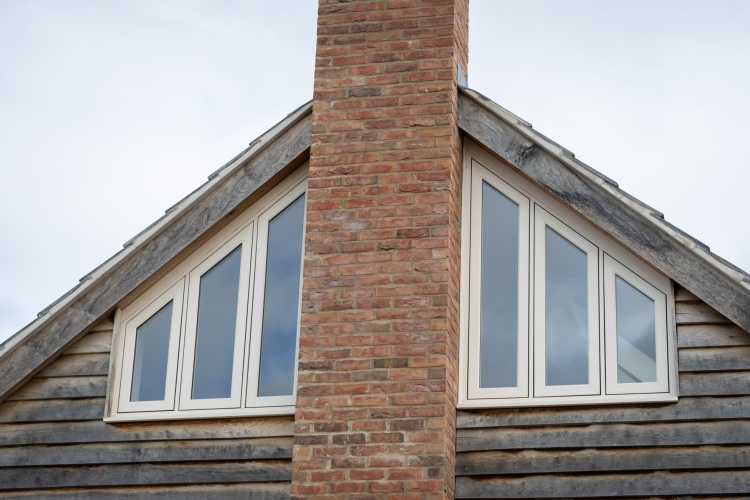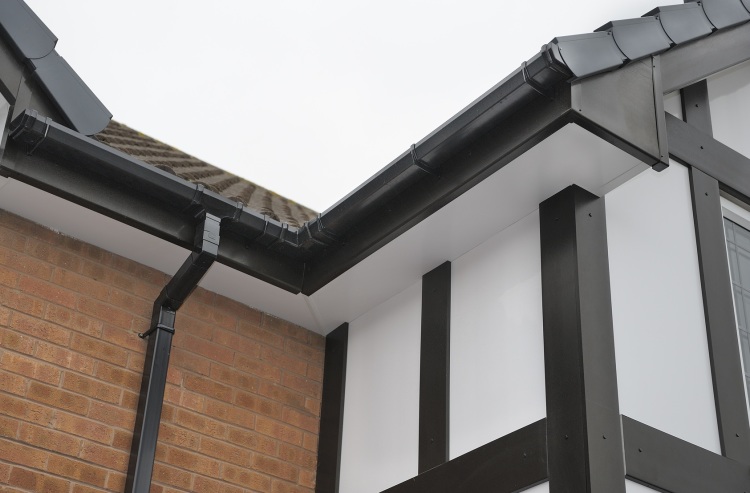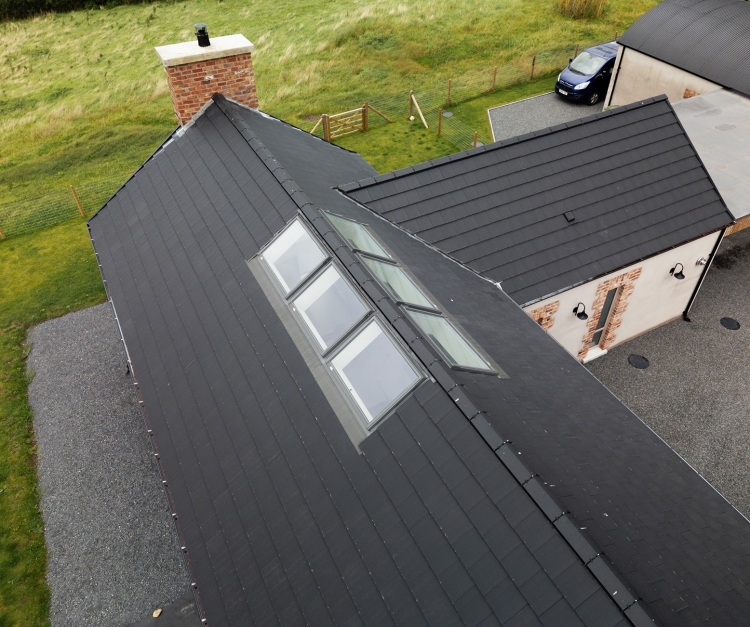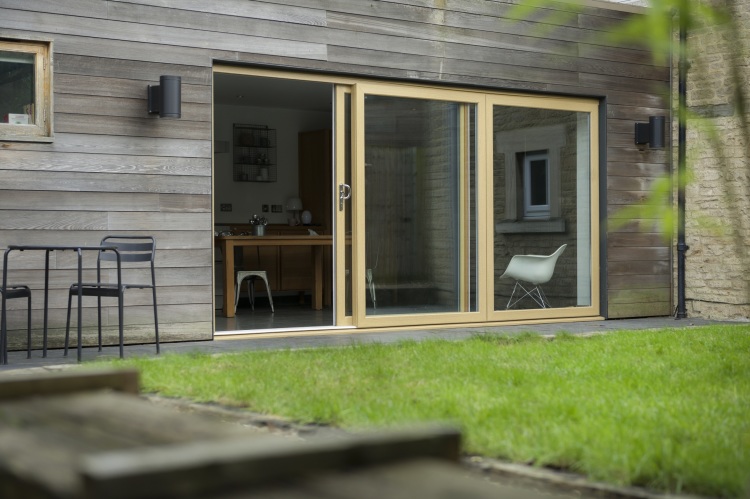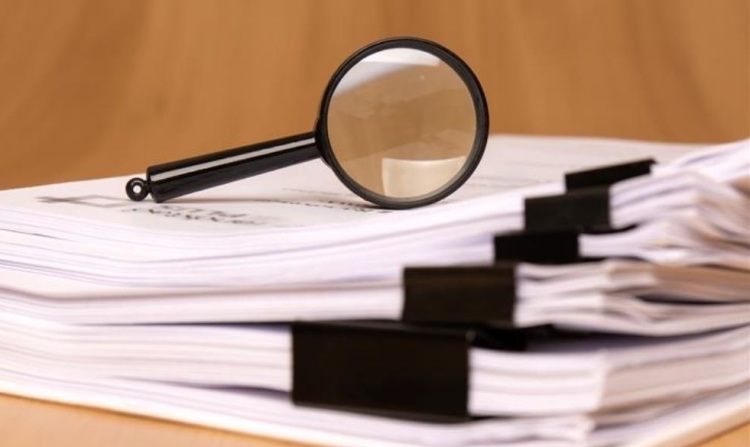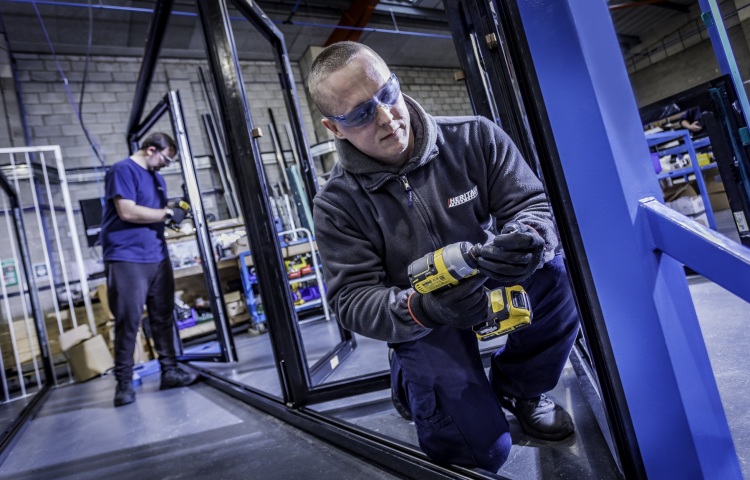Do You Care To Go Green?
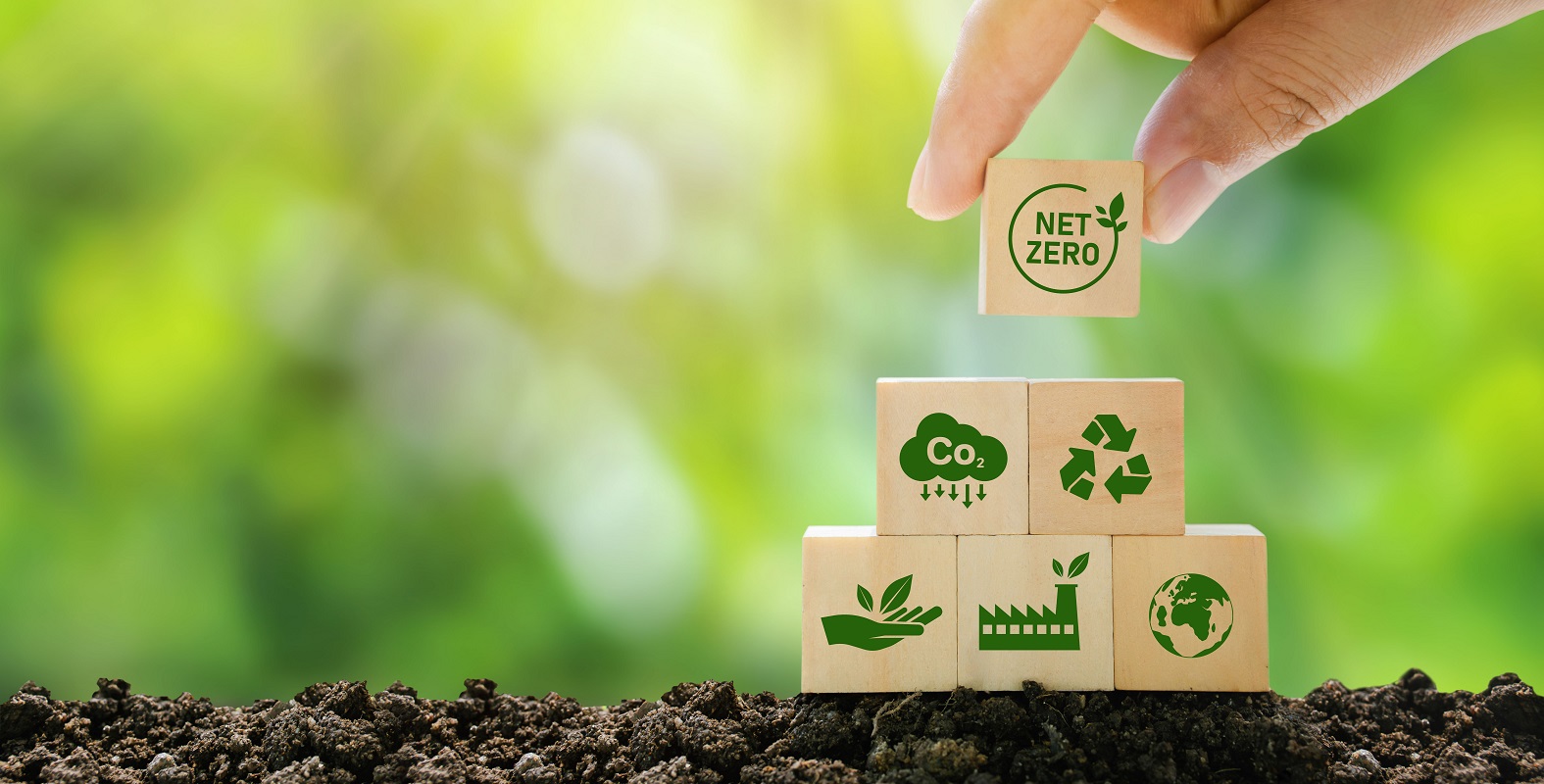
The first step towards going for ISO 14001 must be a positive answer to the question: do you care about your company’s impact on the environment? says the GGF’s Lauren Mawford.
If you do care and you have a strategy for reducing your firm’s impact on the environment through an increasing range of actions, then you will most certainly benefit from ISO 14001, which the Glass & Glazing Federation, has now gained.
What is ISO 14001?
ISO 14001 is an internationally recognised standard that sets out the requirements for an environmental management system. It helps you map out your organisation’s broader, strategic objectives and align them with goals and outcomes that are environmentally sustainable, so you can inspire your customers and external stakeholders with your organisation’s proactive approach to environmental concerns.
It provides a framework to enable you to see how your organisation is currently having an impact on the environment, identifies areas of improvements and potential risks along the way.
It is suitable and beneficial for any size of business and actually, works well for smaller firms by creating a strategy, a plan, by which a firm may run its environmental programme, without a huge team of people.
It ensures companies are keeping up with legal compliance relating to any business, irrespective of how green (or not) a company may be.
ISO 14001 proves an organisation is diligent in managing its environmental impact, which means significantly less chance of the organisation being liable for environmental negligence, especially unintentional.
Show me the money
ISO 14001 will also help a firm’s bottom line by managing waste reduction, whilst also, for example, identifying the reasons for unnecessary running of machinery. It can highlight where a lack of training is causing an excess in use of valuable materials.
In some cases, becoming ISO 14001 certified can reduce insurance premiums as it proves your organisation is performing strong due diligence in managing its environmental impact, which means less chance of being found liable for environmental negligence.
Energy usage
ISO 14001 will also provide a framework within which an organisation, no matter how small, may identify and utilise more energy efficient and sustainable energy sources and processes, resulting in often significant reductions in costs.
It will invariably reduce a firm’s carbon footprint, even if the objective at the outset, was not necessarily to become ‘green’. But once that is achieved, it can become quite addictive. And great for business. Why? Because whilst commercial organisations and homeowners are increasingly demanding the most energy efficient windows and doors for their properties, they are also interested in the company that is supplying them and will ask do they have a genuine commitment to the environment across the board, not just in the products they supply?
Holders of ISO 14001 will increasingly be chosen against others that show no such commitment - slowly at first, but in due course, it will be expected by many organisations and indeed, homeowners.
Going neutral
The GGF decided to take a lead on behalf of the glass and glazing industry generally and specifically for its members, in reducing the glass and glazing industries’ impact on the environment. But before we could take such a lofty position, it was crucial that we got our own house in order and were seen to be doing so. Now, having the benefit of ISO 14001 to guide us, the GGF will be developing a range of strategies and guidance to assist its members, and the industry in general, towards the ultimate goal of carbon neutrality.
Picture: The new ISO 14001 environmental management standard is more than just a box tick for big firms.
Article written by Cathryn Ellis
07th March 2023



.jpg)

.jpg)
.jpg)
.jpg)
